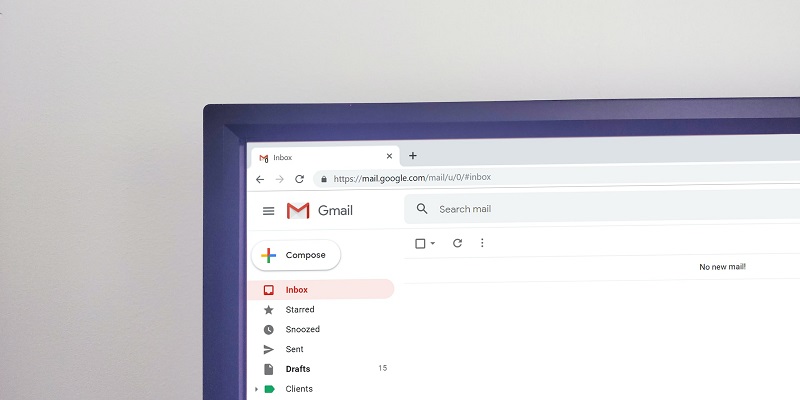Email marketing is a tried-and-true strategy that has remained a staple of any marketer’s toolkit. With the emergence of social media, chatbots, and other digital marketing strategies, many have predicted that email marketing’s days are numbered. However, according to new research by Gartner, email marketing continues to be the most effective channel across multiple stages of the buying journey, from demand generation to driving conversions and customer loyalty.
Effectiveness of Email Marketing
Gartner’s report shows that email marketing remains king among all digital marketing channels. It is more effective than social media, display advertising, and search engine marketing when it comes to generating leads and nurturing relationships with customers. The report reveals that email campaigns have a 40x return on investment (ROI), which is much higher than other digital marketing channels.
The report also demonstrates the effectiveness of email marketing across the customer buying journey. From initial demand generation to driving conversions and customer loyalty, email marketing has a significant impact on each stage. Email marketing can help identify leads, segment audiences, provide personalized experiences, and increase customer loyalty.
Declining Open Rates
Although email marketing remains effective throughout the customer buying journey, average email open rates are declining. As inboxes filter out promotions and consumers stop bothering to check those folders, businesses are facing a daunting challenge to maintain open rates and engagement.
To overcome this challenge, businesses need to focus on improving the quality of their content and delivering value to their subscribers to improve open rates.
Customer perception
Moreover, the vast majority of both B2B and B2C customers feel overwhelmed by the number of emails they receive from brands. Customers receive an average of 121 emails per day, of which 49% are promotional emails. This can be frustrating and overwhelming, leading to email irrelevancy and customer unsubscription.
Effective Measures
To maximize the effectiveness of email marketing, businesses should focus on providing value in their email content. Sending more (or fewer) emails is not the solution to this challenge. Businesses need to create content that is engaging and personalized to each subscriber. This will increase open rates, click-through rates (CTR), and conversion rates.
AI Potential
Today, AI projects like OpenAI’s ChatGPT have the potential to change how marketers create and manage enough content to support automated or triggered learning pathways via email. These projects can provide personalized content suggestions, automate content creation, and identify the types of content that resonate with subscribers.
Using Multiple KPIs
According to the Multichannel Marketing Survey, marketers who use three or four KPIs are most likely to exceed their goals. It is essential to track and analyze multiple KPIs to measure the effectiveness of email marketing. By measuring open rates, CTR, conversion rates, and ROI, businesses can optimize their campaigns to deliver better results.
Email marketing remains a crucial marketing strategy for businesses as it is effective across all stages of the customer buying journey, delivering an impressive ROI. However, its effectiveness is declining as customers often feel overwhelmed and unsubscribe from irrelevant emails. By focusing on delivering value to subscribers, businesses can improve their email open rates, engagement and ultimately, their ROI. With the potential of AI and the right KPIs, email marketing can continue to produce impressive results for businesses. Nevertheless, if the industry continues down the current path, email marketing’s effectiveness will decline, leaving businesses searching for alternative marketing strategies.

